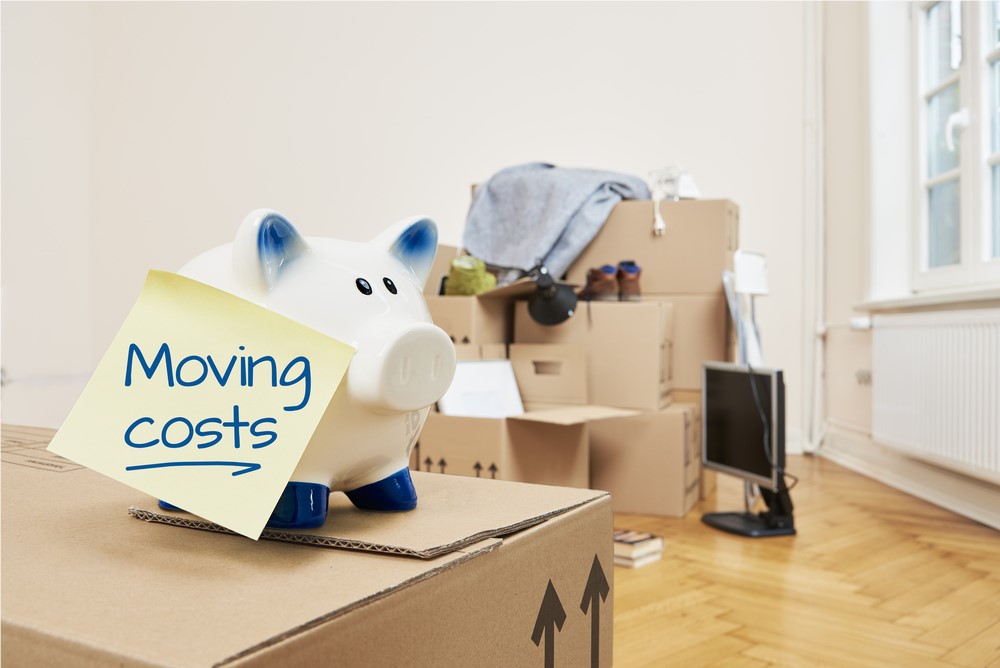Planning a long-distance move can feel like embarking on a daunting adventure, filled with excitement but also shadowed by uncertainties—especially when it comes to the costs involved. While it might be tempting to pin down a simple estimate, the reality is often far more complex.
Hidden fees, unexpected expenses, and the sheer scale of logistics can quickly inflate what you thought would be a manageable budget. From fuel costs and packing supplies to the transportation of your belongings and potential storage fees, the numbers can add up rapidly, revealing a financial landscape that might take you by surprise.
So, how much does a long-distance move actually cost? Buckle up, as we dive into the intricate details that could make your wallet feel considerably lighter than anticipated.
Factors That Increase the Cost of Your Move

When planning a long-distance move, several factors can unexpectedly inflate your overall expenses. For starters, the distance to your new home plays a significant role; the farther you go, the more youll likely spend on fuel and labor costs.
Additionally, the time of year can impact prices—moving during peak seasons like summer or the beginning of the month often results in higher rates due to increased demand. Dont overlook the size and weight of your belongings either; a larger load can dramatically escalate loading, transportation, and unloading fees.
Furthermore, specialized services, such as packing fragile items or storing your possessions temporarily, come with extra charges that can sneak up on you. All these variables, combined with unforeseen circumstances like needing to navigate tight spaces or challenging weather conditions, can create a perfect storm of rising costs that will take you by surprise.
The Role of Distance in Moving Costs

When planning a long-distance move, the distance can significantly impact overall costs, often in ways that may not be immediately apparent. At first glance, one might assume that a move within the same state would incur far fewer expenses than traversing across multiple states, but it’s vital to consider the myriad of factors that drive up the price tag.
Fuel costs skyrocket as the distance increases, with each mile adding to the bill like a relentless meter ticking away. Moreover, logistics play a crucial role; the further you travel, the more complicated the logistics become, potentially requiring additional labor, packaging materials, and even temporary storage solutions if your timelines don’t align perfectly.
Hidden fees can lurk in the shadows, manifesting as tolls on certain highways, and fluctuating fuel prices can transform a well-planned budget into a moving minefield. Ultimately, the miles between points A and B are more than just a measure of space—they are a complex web of financial considerations that can catch even the most vigilant movers off guard.
Budgeting Tips for a Long-Distance Move

When preparing for a long-distance move, it’s vital to create a realistic budget that accounts for all potential expenses, which can quickly add up. Begin by obtaining quotes from multiple moving companies to compare services and prices—don’t just settle for the first option you find.
Consider additional costs like packing supplies; sturdy boxes and bubble wrap may seem insignificant initially, but they can accumulate into a notable expense. Also, remember to factor in travel costs if youre driving to your new home—fuel, lodging, and meals can inflate your budget more than you might expect.
Did you know that many people overlook administrative costs? Updating your address, changing utilities, and even insurance adjustments can nickel-and-dime you if you’re not careful. Ultimately, setting aside a contingency fund—ideally 10-20% of your overall moving budget—will provide a cushion for those unexpected expenses that always seem to pop up during a relocation.
Careful planning, open-mindedness about your options, and diligent tracking of your spending will make the journey smoother and more manageable.
Conclusion

In conclusion, understanding the true costs associated with a long distance moving is essential for anyone planning to relocate. From packing supplies and transportation fees to additional expenses such as insurance and temporary housing, the financial burden can quickly add up.
By thoroughly researching and budgeting for these factors, you can better prepare for the complexities of your move and avoid any unpleasant surprises down the line. Whether you choose to handle the move yourself or hire professional services, being informed will help you make the best decisions for a smooth transition to your new home.


